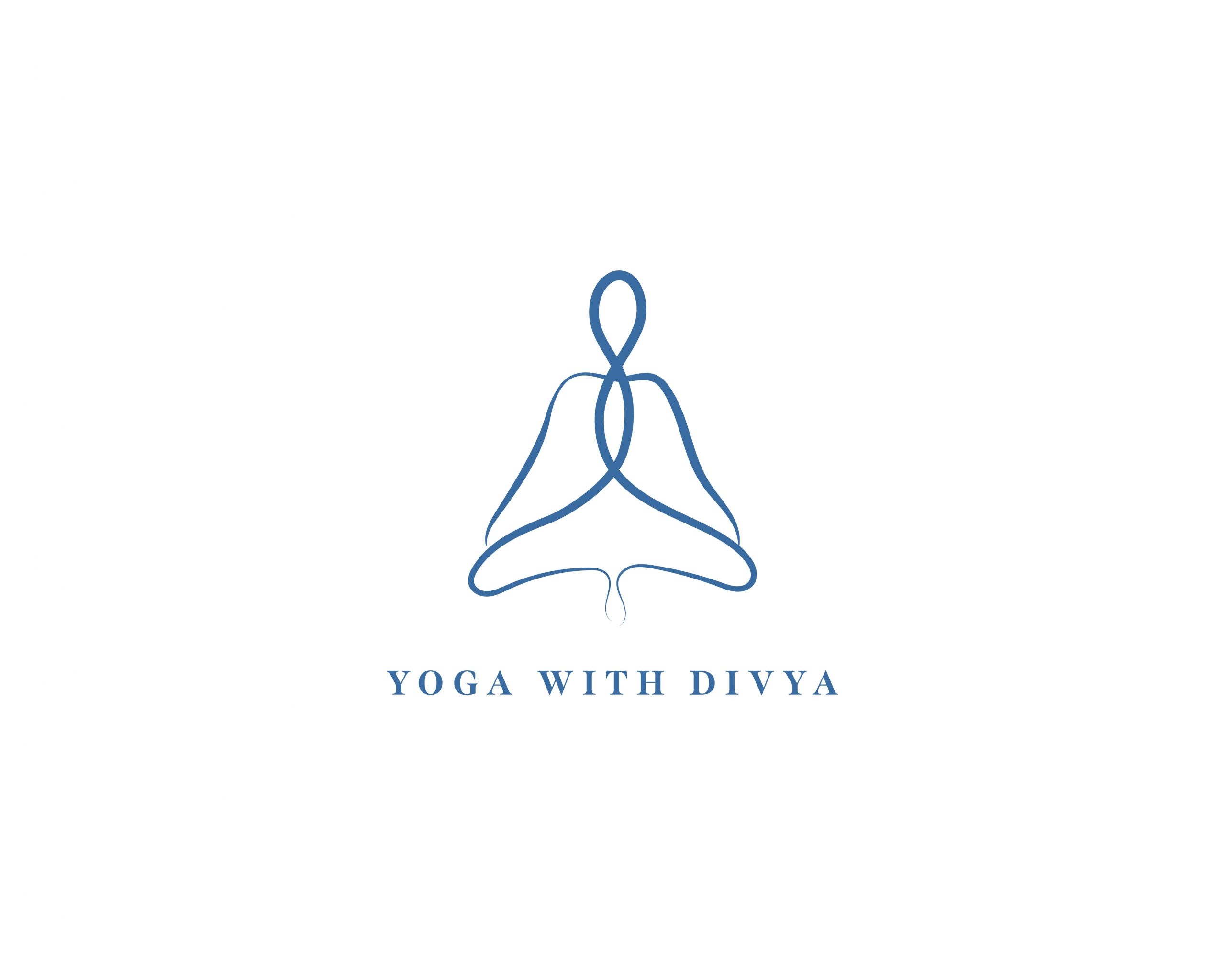I was 15 when the Gulf War broke (the first one, to liberate Kuwait from Iraqi control).
I was already ‘into news’ and it was this war that led me to my first experience of being in a ‘newsroom’: having written a letter (remember those?) to Katie Adie (then the chief foreign news correspondent at the BBC), asking if I could “come in and help her out in the office when it was my half term at school”. Amazingly, I got a letter back, from someone writing on her behalf (she was ‘abroad’, naturally..), saying I could come in and look around the newsroom and that maybe in a few years’ time, I could “come in and help out”.
Well, I remember Adie, and the The Times (which would come through the letterbox before school time – remember those postal days, things arriving before breakfast – as opposed to before dinner), well, a solid foreign news team doing their utmost to simply report and not ‘commentate’, and a chief correspondent who knew her stuff, they were my reliable friends throughout that war.
Why am I sharing this?
Because right now, I’m disillusioned – and bewildered – by ‘journalism’ and more specifically, what the tech-age has done to news, truth – and our brains.
Perhaps (and do share your thoughts), I’m looking back at the 90s with a naivete, but it felt at that time you could rely on the few news sources that we had access to. And because there was ‘less’ to take in, you did actually ‘take it in’. This meant you could digest and ‘reflect’.
Nowadays, we are fed a constant, incessant diet: it might have more variety, but the way we’re taking it in and what we do with it has changed dramatically.
Looking back, and now feeling into where we are today, it strikes me that while healthy strong debates are great and having varied platforms for discussion (not just ‘aunty’, the BBC) are welcome, we’ve reached a point of “too much” and “too quick”. Furthermore, as humans, we still ‘self-select. There may be more options, but this is feeding into more biases. What really needs to be heard and known – is harder to accomplish. In some cases, basic questions and answers are not even being heard or had.
I’m not just talking about ‘truth’ or what is truth. In war, as in any conflict, truth has many sides.
I’m talking about the noise, and the reaction it creates, which ends up obfuscating important information.
As we’ve seen, in cities in Europe and the US, the noise itself is now ‘the news’.
I’m also seeing that technological advancement, resulting in more and more information being available and shared at a press of a button (literally), far from leading to progress in humanity and how we respond to things – is getting us to react from the least-discerning part of our minds.
There’s no going back in time and I’m not suggesting that.
But strangely, for all the proliferation in ways to hear, share, discuss and get information, I feel society is less informed.
Maybe I’m showing my age.
Maybe at 15 I should’ve just gone to those parties and danced to Madonna and Wet, Wet, Wet, instead of worrying about injustices in far away lands.
Well, decades later, I haven’t shaken off an innate deep sensitivity to war and conflict (a feeling that could be ancestral related). But through mindfulness: I can see how these conflicts affect me – my mind, my nervous system. Ditto the visceral impact of the news and its modern era of transmission of information. As of consequence, I have taken active steps to put boundaries on my news’ intake, and what conversations I will have and with whom.
There is the saying: “The Truth is out there”.
Through yoga and mindfulness, which I came to while working as a journalist, I have come to realise that: the Truth – ultimately lies within.
Wishing you all peace of mind, and mindful digesting.
Photo credits:
-top: cover of The Financial Times, Gulf War coverage, January 1991
-below: reporter Kate Adie, talking to then UK PM John Major at the battlefront of the Gulf War, @Mirrorpix







